You probably share your password for Netflix. Or a delivery service. Maybe you’ve got a group or joint email address, too.
Many people stop there. But others go further—as far as sharing the password to a personal email address or even a bank account. And that’s dangerous territory.
Why? Trust is fragile. The people closest to you can change. (Just ask divorce lawyers.)
But possibly far worse—our kids are picking up the wrong messages from our habits.
As adults, we understand the risks of password sharing. Someone could lose the account info, causing a lockout. Or someone could get angry and change the password, also causing a lockout. Many of us calculate this risk and decide that a streaming service can be written off, but not a personal email address that ties our entire online life together.
But our kids may not yet have the tools or life experience (or both) to distinguish between a true friend and a friend-for-now. Or even be able to predict who will remain a good friend through life’s changes. They may know to choose a good password (I recently heard Ayelet Biger-Levin, CEO of RangersAI, say in an RSAC Conference panel that fifth-graders can instantly list reasons for why to choose a strong password), but not why they shouldn’t give access to their email address to their best friend.
So how can you help your kids build better habits? By doing these things in your own life:
- Keep your personal email account secure and private with a strong, unique password that you don’t share with anyone. Memorize it, even if you also use a password manager.
- Have at least one bank account that you alone control.
- Creating emergency access for these private accounts, in case you’re incapacitated or die. For example, Google has its Inactive Account Manager feature, and Apple lets you set a Legacy Contact. Many password managers also let you designate contacts with emergency access.
Most importantly, walk your kids through what they could stand to lose. Biger-Levin says when initially asked, fifth-graders don’t think they have anything important to lose. But after discussing it longer, they realize they have messages, photos, and other things they wouldn’t want others to see or use against them.
You do, too.
https://www.pcworld.com/article/2799428/no-password-sharing-is-not-caring.html
Connectez-vous pour ajouter un commentaire
Autres messages de ce groupe
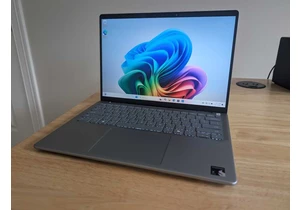
Snapdragon laptops are good, and I say that as someone who r
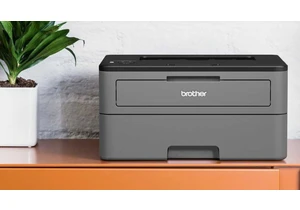
Printers are generally awful. They’re a remnant of an era of computin

Nvidia’s GeForce Now service is offering its Ultimate tier subscriber

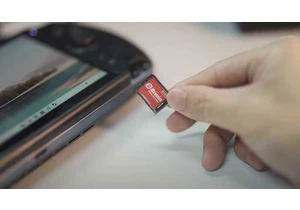
Chinese company Biwin has unveiled a new type of storage drive called
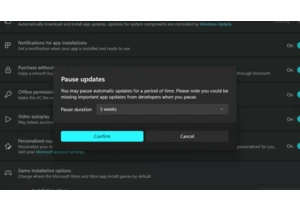
Normally, automatic software updates are a good thing. They keep you
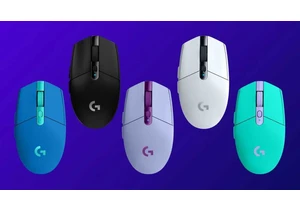
If you need a new wireless gaming mouse but also want a splash of col
